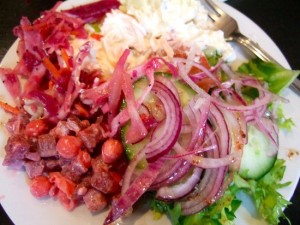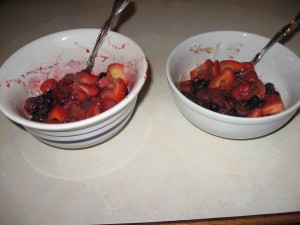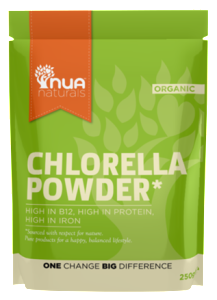Food scares will always come and go, whether it’s horse meat, dioxins in pork or BSE. But when the next crisis arrives, there will be a new face leading the response at the Food Safety Authority of Ireland.
 Dr Pamela Byrne (right, exactly as shown) became chief executive of the agency in March, taking over from Prof Alan Reilly. The environmental toxicologist from Cork is the first woman to head the authority but she won’t feel outnumbered because 75 per cent of her staff are female.
Dr Pamela Byrne (right, exactly as shown) became chief executive of the agency in March, taking over from Prof Alan Reilly. The environmental toxicologist from Cork is the first woman to head the authority but she won’t feel outnumbered because 75 per cent of her staff are female.
There are about 80 people working in the agency but she has received sanction from the Department of Health to fill several vacancies that remained unfilled because of the State recruitment embargo.
She says her job is to protect consumers’ health and that ensuring that all food ingredients are traceable is a key part of this. “Traceability within food business systems is going to be critically important,” she says.
“With globalisation of the food supply chain, we have ingredients coming from a number of different sources. We have products coming in from a number of different sources. And we have a lot of products going out.
“With the intended expansion of the food industry, it’s going to be really important that robust traceability systems are in place. And it’s also going to help us in terms of understanding where there might be new and emerging risks.”
The value of food and drink exports has grown from €7.1 billion in 2009 to €10.5 billion but Byrne says this growth also presents challenges. “As anything gets bigger there’s always going to be a need to make sure that those systems are fit for purpose. Food businesses are sourcing ingredients from all over the world and they must make sure their suppliers are reputable.” Exotic tastes But with increasingly exotic tastes being catered for, isn’t it impossible to ensure that all 21 ingredients in one recipe, for example, can be traced back to source and vouched for? “No, I don’t think it’s impossible,” she says. “A reputable food business operator who is sourcing ingredients from multiple sources all over the world should put in the systems to make sure that they are convinced of the reputable nature of every supplier.”
She says the horse meat crisis heightened everyone’s awareness of what can go wrong in the food industry.
So where will the next food scare come from? The authority is working with its European counterparts in investigations into the substitution of lower-value fish species for higher-value species, and the passing off of lower-quality honey as manuka honey.
Byrne also says her agency and the Department of Agriculture are leading a drive to reduce outbreaks of the food-poisoning bacterium campylobacter and are bringing chicken producers, processors and retailers together to do this.
In other Irish news, 15 enforcement orders – 14 closures and one prohibition — were served on food businesses in May, the highest number of closures in one month so far this year.
Dr Pamela Byrne, Chief Executive, FSAI warns that the legal onus is on food businesses to act responsibly and ensure that the food they serve and sell is safe to eat at all times. She states that every Closure Order undermines the confidence consumers should expect to have in the safety of the food they eat. This has negative implications not only for the premises involved, but for the wider food industry.
“Most food businesses follow high standards and are compliant with food safety legislation. However, inspectors continue to encounter cases where consumers’ health is jeopardised through a failure to comply with food safety and hygiene requirements,” says Dr Byrne says. “There can be no excuse for such breaches and negligent practices. They are avoidable when food businesses have proper food safety management systems in place.”
 Two of the city centre’s most popular burrito bars, Little Ass Burrito Bar at 32a Dawson Street and Mama’s Revenge at 12 Leinster Street South, were issued with closure orders.
Two of the city centre’s most popular burrito bars, Little Ass Burrito Bar at 32a Dawson Street and Mama’s Revenge at 12 Leinster Street South, were issued with closure orders.








